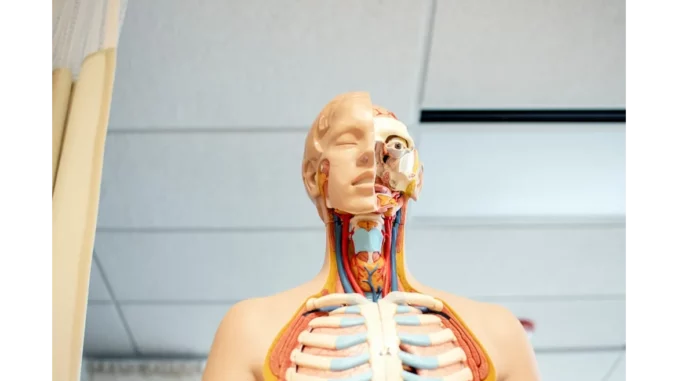
In the early 2000s, the completion of the Human Genome Project marked a significant milestone in our exploration of human biology, unveiling the intricate blueprint of life encoded within our DNA. However, while the genome outlines instructions, it is the proteome—the full suite of proteins a genome can express—that executes the essential functions within our cells. The Proteomic Navigator of the Human Body, known as π-HuB, seeks to map this proteomic landscape comprehensively, offering a detailed atlas of the human proteome. This ambitious initiative aims to reshape our understanding of human biology across various life stages, environmental conditions, and disease states.
The inception of π-HuB is a testament to international collaboration, drawing upon the expertise of scientists from diverse fields. It builds on the pioneering work of proteomics researchers like Ruedi Aebersold and Matthias Mann, who have significantly advanced our understanding of the proteome’s structure and function through mass spectrometry. The ultimate goal of the π-HuB project is to develop a digital navigation system that provides insights into the dynamic proteomic changes occurring from conception to old age. This ambitious project proposes to create a global standard for proteomic research, ensuring data comparability and reliability across international borders.
Central to π-HuB’s mission are its core objectives, which are designed to deepen our comprehension of the human proteome. One of the primary aims is to standardize proteomic technologies and workflows, establishing technical protocols that can be universally adopted. This standardization is crucial for generating comparable data from diverse research settings and ensuring the integrity of the findings. Furthermore, the project endeavours to construct single-cell resolution atlases for all major human organs, adopting a geo-proteomics approach that considers racial and ethnic diversity. By tracing the proteomic trajectory throughout human development, π-HuB aspires to uncover the influence of proteins on key life stages, from embryonic growth to the ageing process.
The project also breaks new ground by exploring the intersections of proteomics with nutrition and ecology. Through nutri-proteomics, researchers will investigate how various dietary patterns impact the human proteome, potentially leading to personalised nutrition plans tailored to optimise individual health based on unique proteomic profiles. Similarly, eco-proteomics will examine the proteomic changes prompted by different ecological environments, shedding light on how humans adapt to diverse climates and habitats. This research promises to enhance our understanding of human adaptability and resilience in the face of environmental challenges.
Moreover, the π-HuB project delves into the symbiotic relationship between the human microbiome and the proteome through meta-proteomics. By mapping these interactions, the project aims to unlock new therapeutic strategies that leverage the microbiome to positively influence human health. Disease-proteomics is another crucial focus area, as the project seeks to map the proteomic alterations associated with complex diseases such as cancer, cardiovascular ailments, and neurodegenerative disorders. Through this research, scientists hope to identify novel biomarkers for early diagnosis and therapeutic targets for effective treatment.
The success of π-HuB is heavily reliant on advancements in data and computational sciences. The project plans to develop sophisticated computing platforms and algorithms capable of analysing the vast amounts of data generated. This will facilitate the construction of a Meta-Homo Sapiens model, a comprehensive representation of the human proteome that supports predictive modelling and the discovery of new knowledge. Such technological innovations are indispensable for managing the complexity of the data and extracting meaningful insights.
As π-HuB progresses, it promises to unlock the secrets of the human proteome and elucidate its role in health and disease. By crafting a detailed proteomic map of the human body, the project has the potential to revolutionise medicine, ushering in an era of more precise and personalised healthcare solutions. This proteomic atlas will undoubtedly provide invaluable insights into the fundamental processes that govern human biology, paving the way for unprecedented scientific discoveries. In doing so, π-HuB stands poised to transform our understanding of the molecular mechanisms that underpin life and health, heralding a new dawn in the field of proteomics.


Be the first to comment